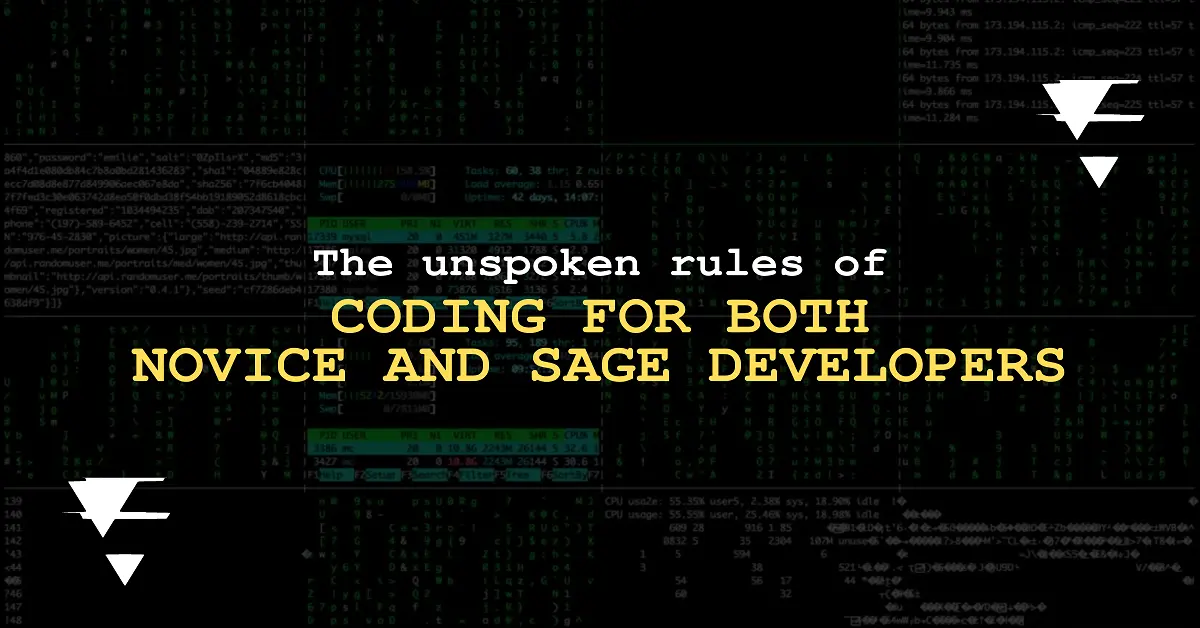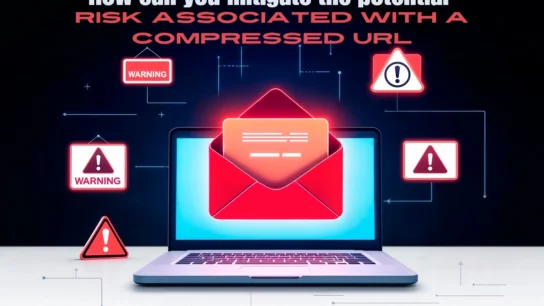Introduction to the Unspoken Coding Rules
Coding isn’t just about writing code; it’s about crafting solutions that are efficient, maintainable, and collaborative. Success as a developer often hinges on understanding the unspoken rules of coding for both novice and sage developers. These principles go beyond syntax and tools, shaping how programmers interact with their work, teams, and the broader tech community.
This article explores these essential, often-overlooked rules that guide developers at every stage of their journey.
1. Write Clean and Readable Code
Good code communicates its purpose clearly. Whether you’re new or experienced, prioritize writing clean, readable code. Avoid vague variable names and inconsistent formatting. Instead of using a name like a, opt for descriptive names like userAge or orderStatus. Clear code helps others—and your future self—understand your logic quickly.
Why It Matters
Readable code minimizes misunderstandings, reduces debugging time, and fosters smoother collaboration. Adopting this habit aligns with the unspoken rules of coding for both novice and sage developers.
2. Comment Smartly and Strategically
Comments should explain why the code exists, not just what it does. While code itself describes its functionality, comments clarify intentions or highlight complex logic. For instance, documenting a tricky algorithm or outlining dependencies can save time for team members reviewing or extending your work.
Pro Tip
Strike a balance: comment when necessary, but don’t overdo it. Excessive comments can clutter your code and confuse readers.
3. Test Early and Often
Testing is an integral part of the development process. Write test cases for edge scenarios, potential errors, and expected outputs. Use automated testing frameworks like JUnit or PyTest to streamline this process. Testing ensures that your code works under various conditions and reduces risks when making changes.
The Bigger Picture
Thorough testing reflects professionalism and aligns with the unspoken rules of coding for both novice and sage developers. It saves time in the long run and builds trust in your output.
4. Embrace Continuous Learning
Technology evolves rapidly. Programming languages, libraries, and frameworks constantly introduce new features and tools. Developers, whether novices or veterans, must keep learning to stay relevant. Dedicate time to reading documentation, exploring tutorials, and participating in developer communities.
Why It’s Crucial
Committing to continuous improvement embodies the unspoken rules of coding for both novice and sage developers. Staying updated boosts your confidence and competitiveness.
5. Use Version Control Religiously
Version control systems like Git are non-negotiable tools for developers. They help track changes, roll back errors, and collaborate effectively with teams. Commit your work regularly and include meaningful commit messages that describe what you’ve done.
Key Benefit
Version control enforces accountability and allows teams to work efficiently. It’s a cornerstone of the unspoken rules of coding for both novice and sage developers.
6. Collaborate and Communicate
Coding is often a team effort. Share ideas, seek feedback, and clarify uncertainties with teammates. Use collaboration tools like Slack or Microsoft Teams to maintain open communication channels. Listening and contributing actively in team discussions enhance project outcomes.
The Rule in Action
Developers thrive when they work together. Following this rule helps build stronger teams and smoother workflows.
7. Prioritize Quality, Even Under Pressure
Deadlines matter, but cutting corners to meet them can lead to technical debt. Instead, plan your tasks well, communicate realistic timelines, and focus on delivering high-quality work. Striking a balance between speed and quality reflects the unspoken rules of coding for both novice and sage developers.
Pro Tip
Break tasks into smaller milestones to monitor progress and meet deadlines without rushing.
8. Participate in Code Reviews
Code reviews help improve code quality and provide opportunities to learn from peers. Whether you’re reviewing others’ work or receiving feedback, approach the process constructively. Be open to suggestions and use feedback to enhance your skills.
Why Reviews Matter
Code reviews ensure consistency and maintain high standards, a principle central to the unspoken rules of coding for both novice and sage developers.
9. Document Your Work
Well-documented code is as valuable as the code itself. Write clear instructions, maintain an updated README file, and include examples for complex setups or APIs. Proper documentation makes onboarding new developers easier and improves project maintainability.
Documentation Tip
Investing time in documentation saves countless hours for everyone involved in a project.
10. Respect Your Peers and Their Code
Respect others’ time, opinions, and efforts. Avoid dismissing contributions, regardless of experience level. Offer constructive feedback and acknowledge good work. Building respectful relationships aligns with the unspoken rules of coding for both novice and sage developers.
Conclusion
Coding is more than a technical skill; it’s a craft shaped by discipline, collaboration, and continuous learning. By understanding the unspoken rules of coding for both novice and sage developers, you can enhance your work, foster better team dynamics, and grow as a professional.
Follow these principles consistently, and you’ll not only improve your coding but also leave a lasting positive impact in the development world. See More



